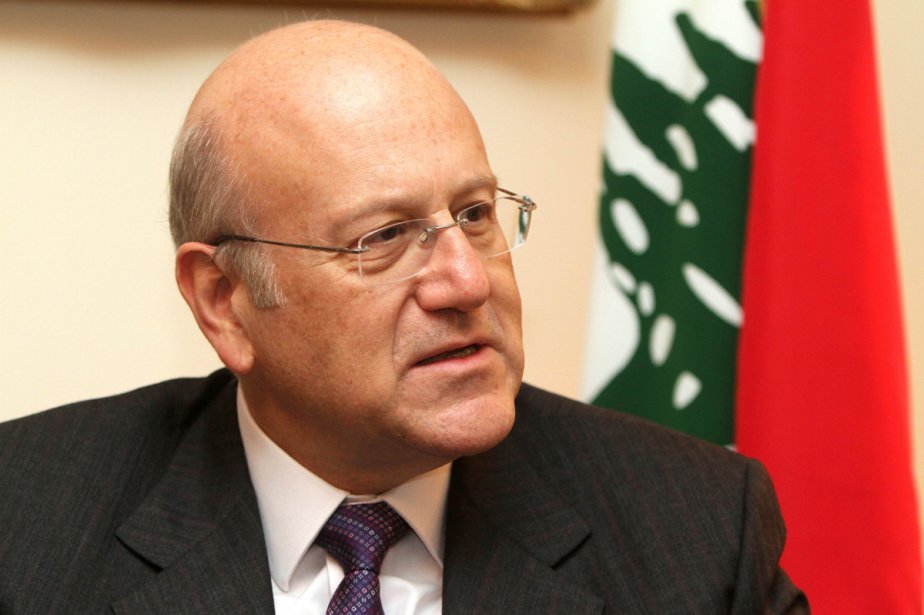Special Desk
The new PM Najib Mikati has urged Lebanon’s people to put their trust in his government.
Mikati acknowledged that some Lebanese would struggle to put their faith in him and his government as he seeks to help his economically shattered country. This because so many politicians have failed them in the past, he gave a reason too.
But it is time to have a government to take decisions and end the country’s political vacuum, he said. Elections are planned for May 2022.
Focus upon energy, health, education, work and transparency has to be given immediately and show the Lebanese that there is governance. There is a transparency. That’s what we are trying to do. And hopefully it will take, said the new prime minister.

Mikati, a billionaire who served previously as caretaker prime minister in 2005 and 2011, heads a cabinet that will preside over an economic depression which the World Bank considers one of the world’s worst since the mid-19th century. One of the most urgent economic issues facing the new government is the country’s expensive subsidies program.
According to Mikati, some 74% of more than $10 billion dollars in subsidies was misused by traders, by corrupt people in Lebanon over the past year. The subsidies are almost lifted because we don’t have any more cash or reserves to subsidize oil or other commodities, Mikati said. “We are going to keep the subsidies on medicine, but subsidies on other commodities will be lifted,” he said
Lebanon has spent 13 months without a fully formed government since former PM Hassan Diab stepped down after a deadly explosion ripped through Beirut’s port last year.
The new government includes George Qiradhi, who was previously the host of popular television show, “Who Wants to Be a Millionaire,” and a controversial finance minister Yousuf Khalil, the director of financial operations at Lebanon Central Bank.
The new health minister, Firass Abiad, heads the first public hospital that received coronavirus patients and played a leading role in tackling the pandemic. Foreign Minister Abdallah Bouhabib was Lebanon’s ambassador to Washington from 1983 to 1990.
Lebanon is facing a severe financial crisis which has resulted in the currency losing over 90% of its value. Following Friday’s announcement, the Lebanese lira appreciated on the black market from 19,000 lira to the dollar to around 15,000 to the dollar.
 Jubilee Post News & Views
Jubilee Post News & Views





